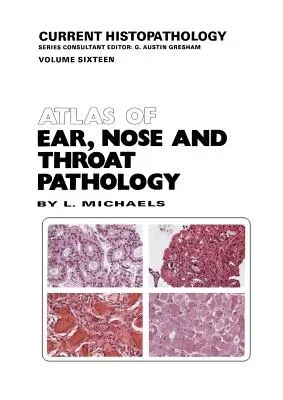L Michaels
(Author)Atlas of Ear, Nose and Throat Pathology (Softcover Reprint of the Original 1st 1990)Paperback - Softcover Reprint of the Original 1st 1990, 27 September 2011

Qty
1
Turbo
Ships in 2 - 3 days
In Stock
Free Delivery
Cash on Delivery
15 Days
Free Returns
Secure Checkout
Part of Series
Current Histopathology
Print Length
136 pages
Language
English
Publisher
Springer
Date Published
27 Sep 2011
ISBN-10
9401068127
ISBN-13
9789401068123
Description
Product Details
Author:
Book Edition:
Softcover Reprint of the Original 1st 1990
Book Format:
Paperback
Country of Origin:
NL
Date Published:
27 September 2011
Dimensions:
29.69 x
21.01 x
0.66 cm
ISBN-10:
9401068127
ISBN-13:
9789401068123
Language:
English
Location:
Dordrecht
Pages:
136
Publisher:
Series:
Weight:
317.51 gm

